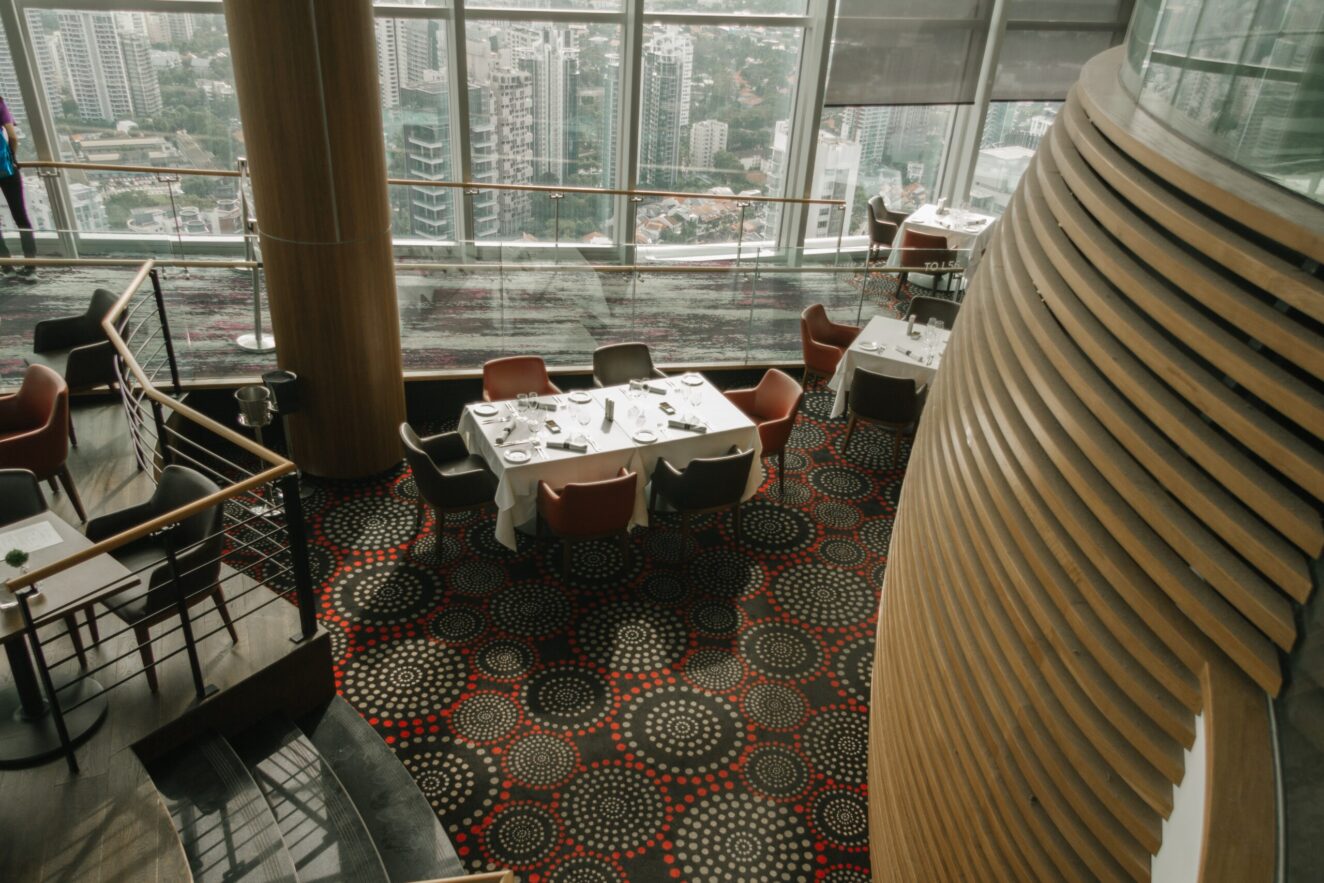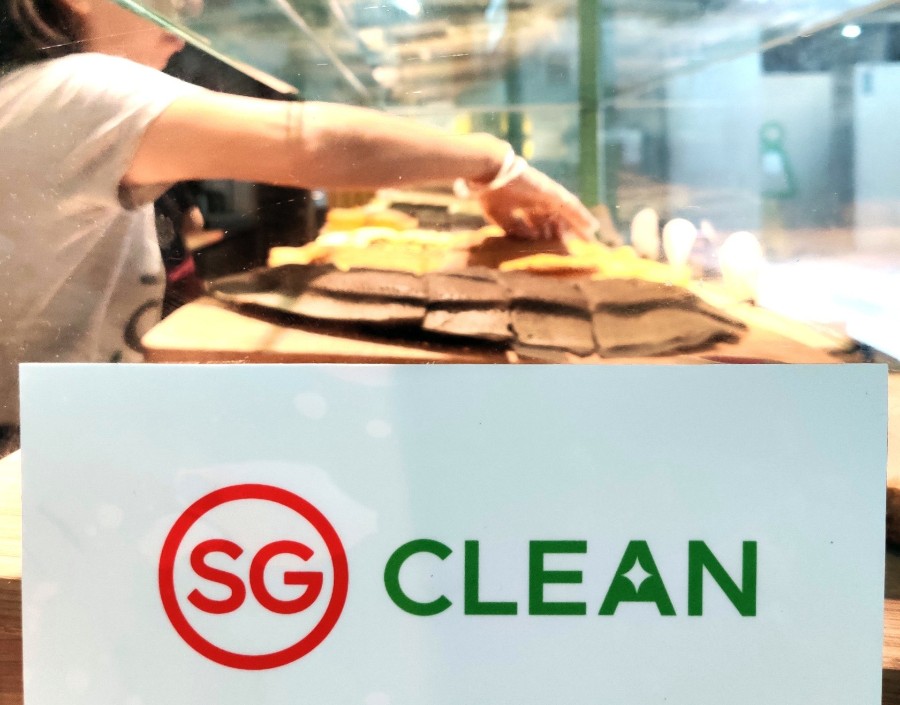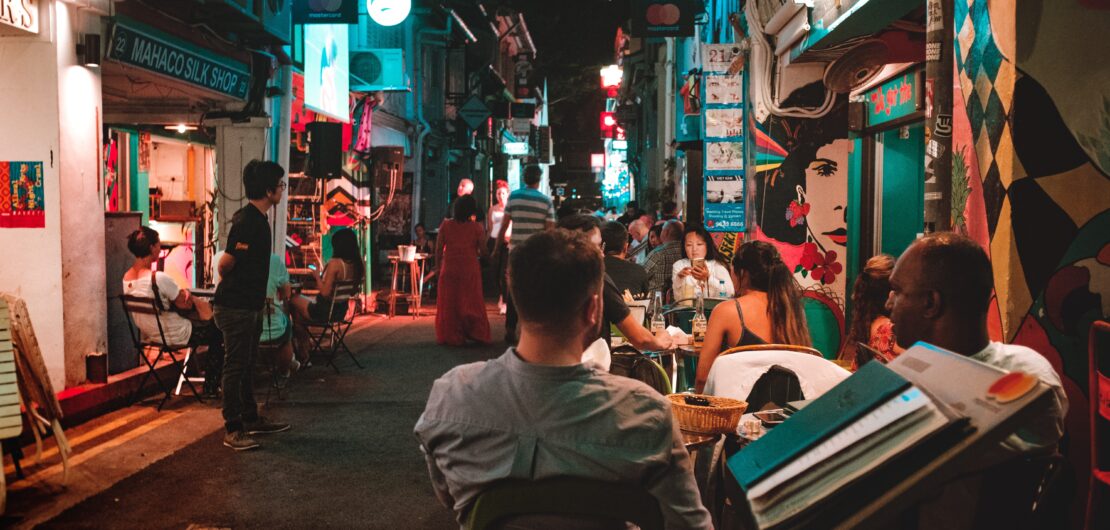No industry has been left unscathed by the ramifications of COVID-19. The global pandemic has taken a toll on the social and economic development of nearly all countries; Singapore is also one of them.

Among the affected in the country is the Food and Beverage industry that plays a huge role in contributing to the economy and employment. Food is one of the essentials that cannot be compromised; as non-perishable food suppliers see an increase in revenue, the contrary is seen for restaurants, hawker stalls, coffee shops and food shops. When the infection rate began to increase worldwide, the Singapore government informed the industry, specifically restaurants, that at least an 80 per cent drop should be expected in the coming months. They continue to experience a shortage of supplies and visitors due to the worsening situation as people prefer to stay at home than risk dining out. Besides this, businesses are also experiencing difficulties with employees since a majority of the workforce is unable to enter the country as Malaysia joined the list of countries imposing lockdowns.
However, while most countries still struggle to implement effective schemes, would you believe that Singapore began preparations two months ago? One of the first countries to report the epidemic that halted all activities in Wuhan, Singapore has been preparing for the worst since January. The predicted damage to the economy led them to take preventive measures that will help salvage the remainder of the huge hit the world is bound to experience. The country had already imposed select travel and border restrictions but tightened the reins further once the pandemic was declared.

One of the city-state’s defence tactics in ensuring the wellbeing of the public is the SG Clean campaign. The scheme was first launched on February 16 by the Minister of Environment and Water Resources Mr Masagos Zulkifli to instil cleanliness and hygienic practices as an integral part of Singapore. In adopting the SG quality mark, the campaign invites restaurants/food shops/ hawker stalls to commit to good hygienic practises and maintain high standards of environmental cleanliness. The overwhelming response to the program showed how the food industry in Singapore is actively taking an effort to fight the coronavirus. Over 5,000 establishments were certified with the SG quality mark in less than a month! The certification process consists of a seven-point checklist; it includes the requirement of an SG manager to oversee the implementation of preventive measures, cleanliness and hygiene, and compliance with the government’s guidelines. They also insist on health screenings of employees as a precaution.
This scheme has since been implemented in the tourism and lifestyle industries as well. The SG quality mark is meant to assure locals and tourists that the situation is being handled with precision and care; good hygiene isn’t going to be a temporary adjustment but what the future of Singapore must look like.



